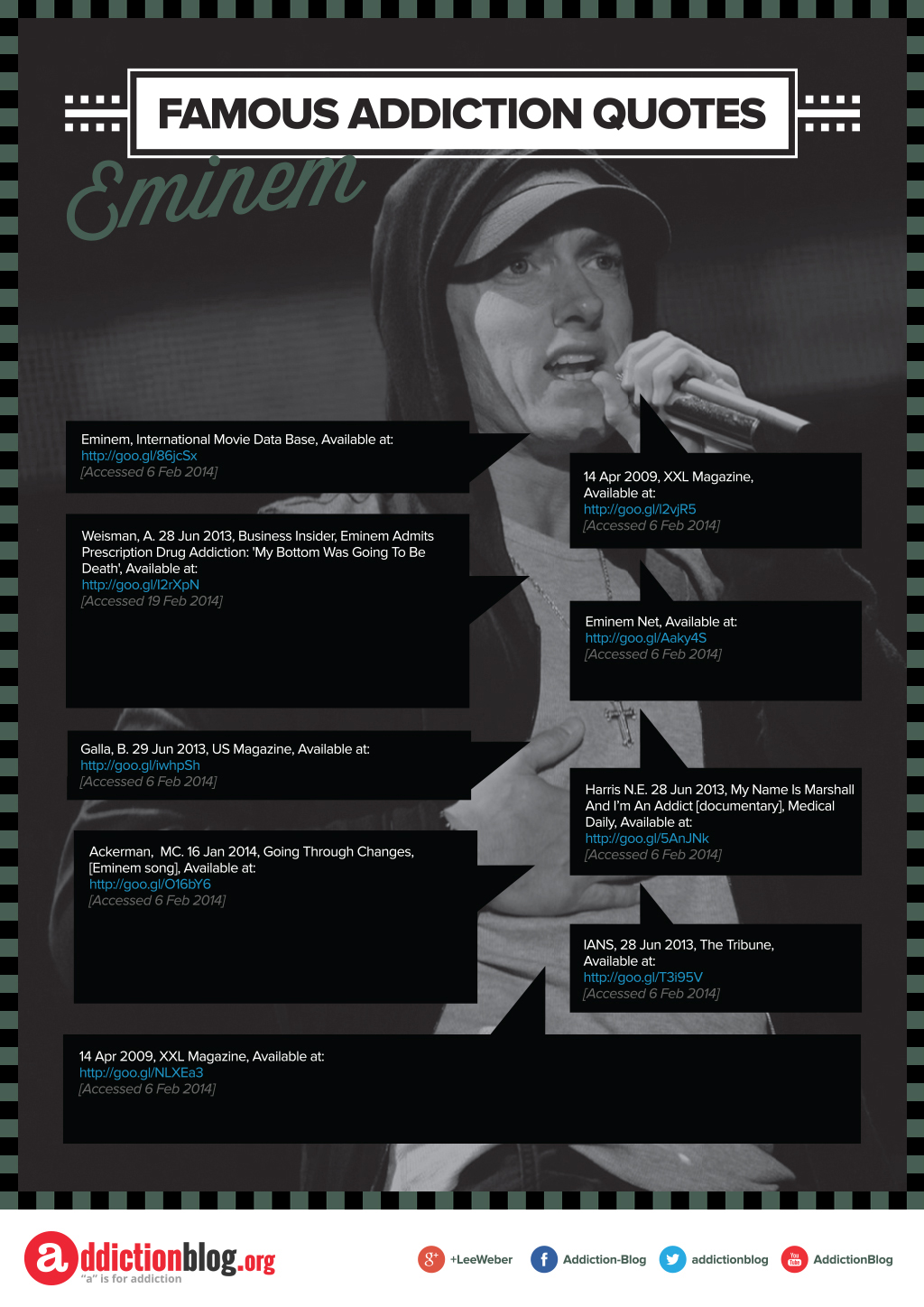Why Aftercare In Drug Rehabilitation Is Important For Long-Term Recovery. Discover How Support Group Can Assist You Stay Sober And Construct A Fulfilling Life
Why Aftercare In Drug Rehabilitation Is Important For Long-Term Recovery. Discover How Support Group Can Assist You Stay Sober And Construct A Fulfilling Life
Blog Article
Content Writer-Thrane Callahan
You can't do it alone. Recovery from drug addiction calls for a solid support system.
The relevance of aftercare in drug rehab can not be overemphasized. In this post, we will certainly discover the function of therapy, the benefits of treatment, and the foundation given by peer support groups in maintaining soberness.
So, grab a cup of coffee, unwind, and allow us direct you through the vital actions of post-rehabilitation assistance.
The Role of Therapy in Aftercare
If you want to preserve your sobriety after leaving rehab, it's vital that you proceed participating in therapy sessions as part of your aftercare plan.
Therapy plays an important function in your recovery trip by providing ongoing support, support, and a safe area to share your feelings and worries.
Via counseling, you can resolve any kind of underlying issues that might have contributed to your addiction, create dealing techniques, and find out healthier ways to handle stress and anxiety and desires.
It allows you to overcome any kind of unsettled emotions and develop a much better understanding of on your own and your triggers.
The Benefits of Treatment in Keeping Sobriety
To maintain your sobriety, therapy can provide countless benefits.
- Treatment provides a safe area for you to check out and deal with the underlying concerns that may have added to your dependency.
- It permits you to overcome your feelings and create much healthier methods of handling anxiety and triggers.
- Through treatment, you can obtain a far better understanding of on your own and your patterns of habits, which can help you make positive changes in your life.
- Additionally, treatment gives you with a support group of specialists that are trained to assist and assist you on your journey to healing.
- They can provide useful insights, devices, and methods to assist you navigate the challenges that might develop.
- In therapy, you can learn to establish healthy and balanced coping abilities, develop strength, and boost your overall well-being.
Peer Support Groups: A Structure for Lasting Recovery
You can discover long-term healing by proactively joining peer support system and connecting with others who share similar experiences and objectives.
click the up coming document offer a risk-free and non-judgmental space where individuals in healing can come together to share their battles, successes, and insights. By proactively joining these teams, you can get the assistance and encouragement you require to remain on the path of recovery.
Getting in touch with others that have actually gone through comparable experiences can be incredibly encouraging, as it aids you understand that you aren't alone in your journey. It also allows you to gain from others that have actually successfully gotten over similar challenges. Together, http://lanie2jimmy.booklikes.com/post/6186894/discover-exactly-how-treatment-plays-a-crucial-duty-in-drug-rehabilitation-this-thorough-guide-exposes-the-powerful-influence-it-carries-recuperation can celebrate landmarks, hold each other answerable, and offer advice and recommendations.
With these connections, you can build a solid support system that will certainly assist you navigate the ups and downs of recuperation and ultimately locate enduring healing and transformation.
Final thought
You have actually learnt more about the essential duty of aftercare in drug rehab. Counseling, therapy, and peer support groups contribute to lasting recuperation. Right here's a staggering fact to grasp the magnitude of the concern: studies reveal that people who receive aftercare treatment are 50% most likely to maintain sobriety compared to those that do not.
So, envision the transformative power of these support systems in helping people reclaim their lives and develop a brighter, drug-free future.
